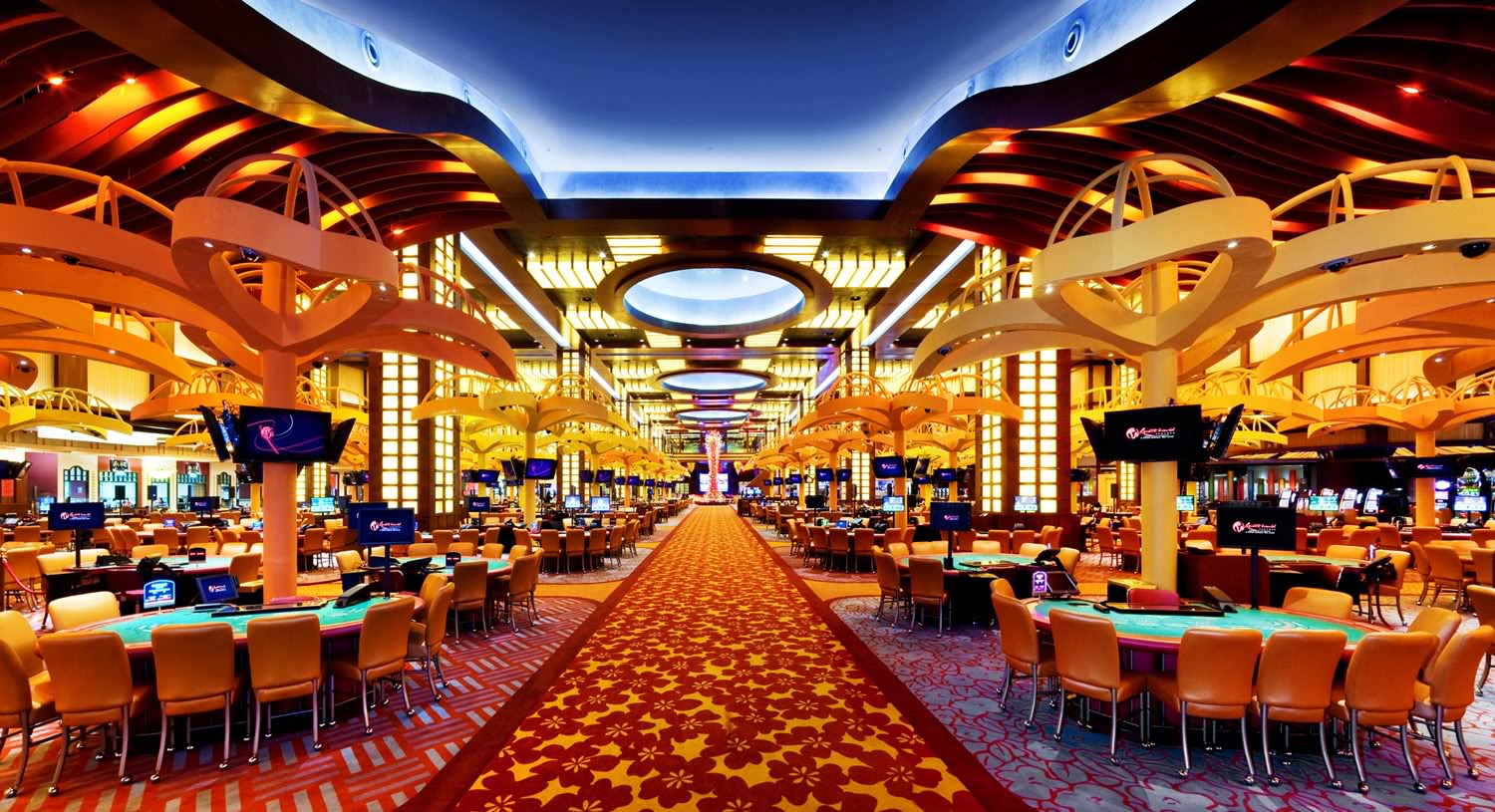
Casino games have long captivated players from all parts of society, enticing them into vibrant casinos filled with the sounds of spinning wheels, clattering chips, and cheering crowds. The thrill of chance and the allure of potential winnings create an exhilarating atmosphere that keeps gamblers coming for more. Whether it is the thrill of a slot machine, the strategic play of poker, or the anticipation of a roulette wheel, casino games offer a unique combination of entertainment and risk that can be hard to ignore.
At the heart of this fascination lies a psychological pull that varies from person to person. For a few, the rush of hitting a jackpot can elevate their mood, while for many, it’s a social experience that brings friends together. The colorful visuals, engaging sounds, and sometimes lavish environments of casinos greatly improve the appeal, making each visit an experience waiting to unfold. As we explore why gamblers are drawn to these games, we uncover the underlying motivations and emotions that fuel their love for the betting tables.
The Psychology of Gambling
The attraction of casino games often stems from the complex psychology of gambling itself. Many individuals are drawn to the excitement of risking money for the opportunity of winning more, as it taps into a innate human desire for excitement and gain. DU88 This high can create a powerful emotional experience. The mix of risk and potential monetary gain can trigger a dopamine release, making players feel exhilarated.
Additionally, the design of casino games is designed to hold players interested. The use of bright lights, enthralling sounds, and the communal environment of casinos can heighten the excitement. Players often find themselves immersed in these spaces, where the expectation of a win keeps them coming back for more. This sensory engagement encourages longer gaming sessions, as the immediate feedback from wins, however insignificant, reinforces the desire to gamble more.
Finally, cognitive distortions play a major role in gambling behavior. Many gamblers fall prey to the misconception of control, believing they can influence outcomes even in games of chance. This attitude can lead to overconfidence and the propensity to keep playing, despite accumulating losses. Additionally, gamblers often remember their wins better than their losses, which can distort their viewpoint and fuel the desire to continue gambling. This multifaceted interplay between emotions and cognitive factors helps illustrate why so many are pulled towards casino games.
A Allure of Gaming Environments
The atmosphere of a gambling establishment is uniquely enchanting, drawing in players with its blend of excitement and suspense. The scenes and auditory experiences of twirling slot machines, cheering gamblers, and the rhythmic clatter of chips create an engaging experience that is difficult to pass up. The bright lights and dynamic design foster a feeling of energy that keeps visitors invested and invites them to remain for longer periods. This infectious setting contributes to the overall allure of casino experiences, enticing both novice and experienced gamblers alike.
Furthermore, casinos are crafted to arouse the sensory experience in a way that makes gamblers feel as though they are starting on a exciting expedition. The strategic arrangement of gaming options, comfortable seating, and complimentary refreshments enhance the overall value, making players feel appreciated and pampered. Many casinos also incorporate themed furnishings and intricate designs that carry visitors to various dimensions, amplifying the excitement. Such atmospheres foster a sense of escapism, allowing bettors to ignore their everyday existences and immerse into the exciting domain of gambling.
In conclusion, the aspect of other participants amplifies the communal element of betting, creating a shared excitement. Connections among participants, either through light-hearted banter or mutual excitement during a huge win, cultivate a feeling of togetherness that many find attractive. This communal interaction enhances the adventure of participating in gaming games, transforming it from a individual endeavor into a joint journey. The mixture of anticipation, captivating settings, and social connections makes gaming venues an irresistible place for gamblers desiring entertainment and a chance to profit.
Comprehending Casino Dynamics
Gaming experiences are crafted with unique mechanics that draw in players. Every game has its own set of rules, betting structures, and probability ratios, allowing players to engage with the game on multiple levels. The thrill of making a bet and the anticipation of the outcome creates an electric atmosphere. Grasping these mechanics can intensify a player’s appreciation for the game and enhance their overall experience.
A further crucial aspect of game mechanics is the idea of randomness. Many casino games, especially poker machines and table games, rely on random number generators or shuffling to determine outcomes. This randomness is what keeps players coming back; the unpredictable nature of the game creates a notion of possibility and excitement. Knowing that each play or hand is independent of the last enhances to the appeal, as players believe they have a chance at winning, regardless of past outcomes.
In conclusion, the emotional response tied to game mechanics should not be underestimated. The excitement of a big win or the tension during decisive moments are fundamental to the enjoyment of casino games. Such emotional highs and lows utilize psychological triggers that keep players engaged for longer periods. Grasping these emotional responses to game mechanics can help explain why so many are drawn to the thrill of casino games, persistently seeking that upcoming exhilarating moment.
